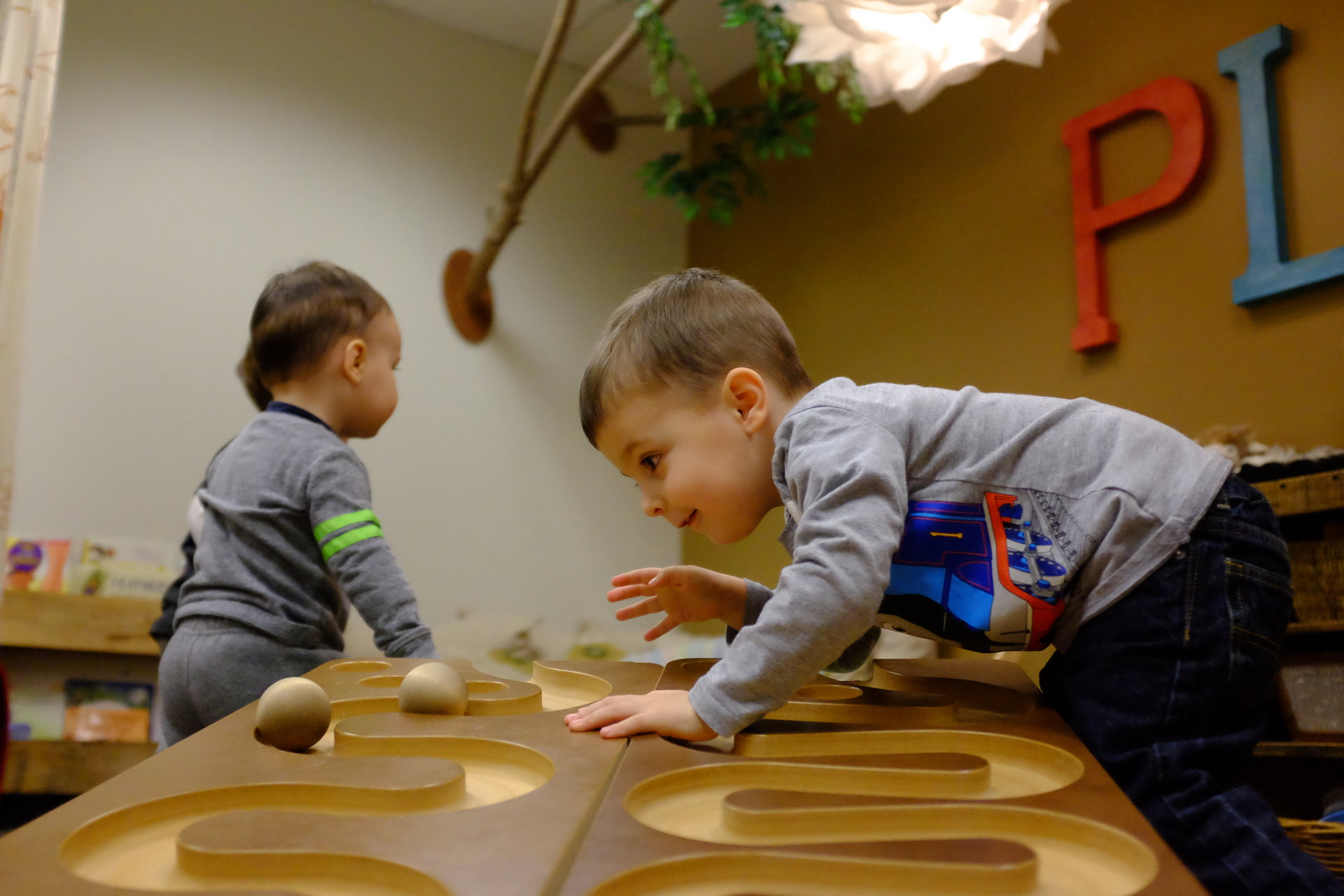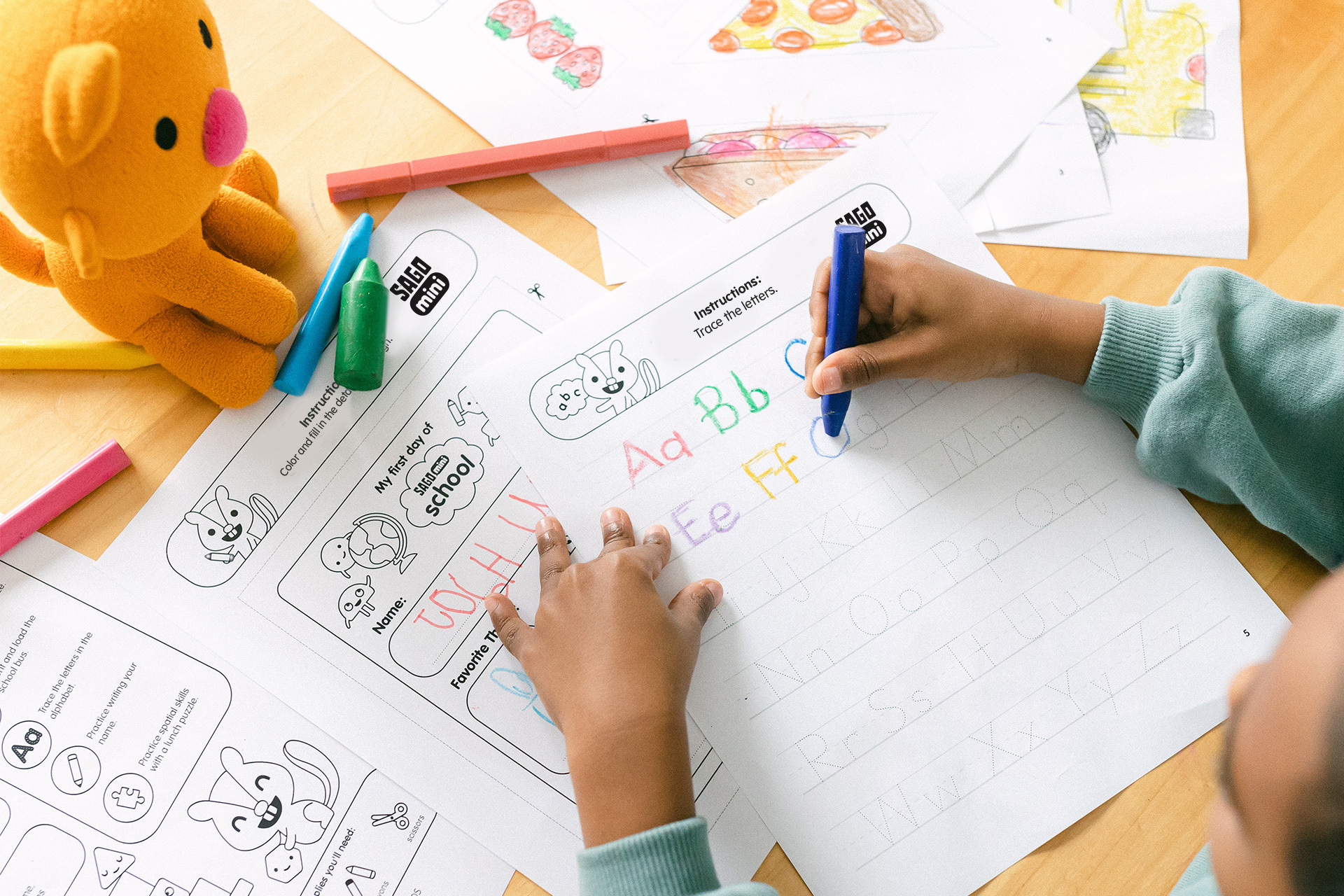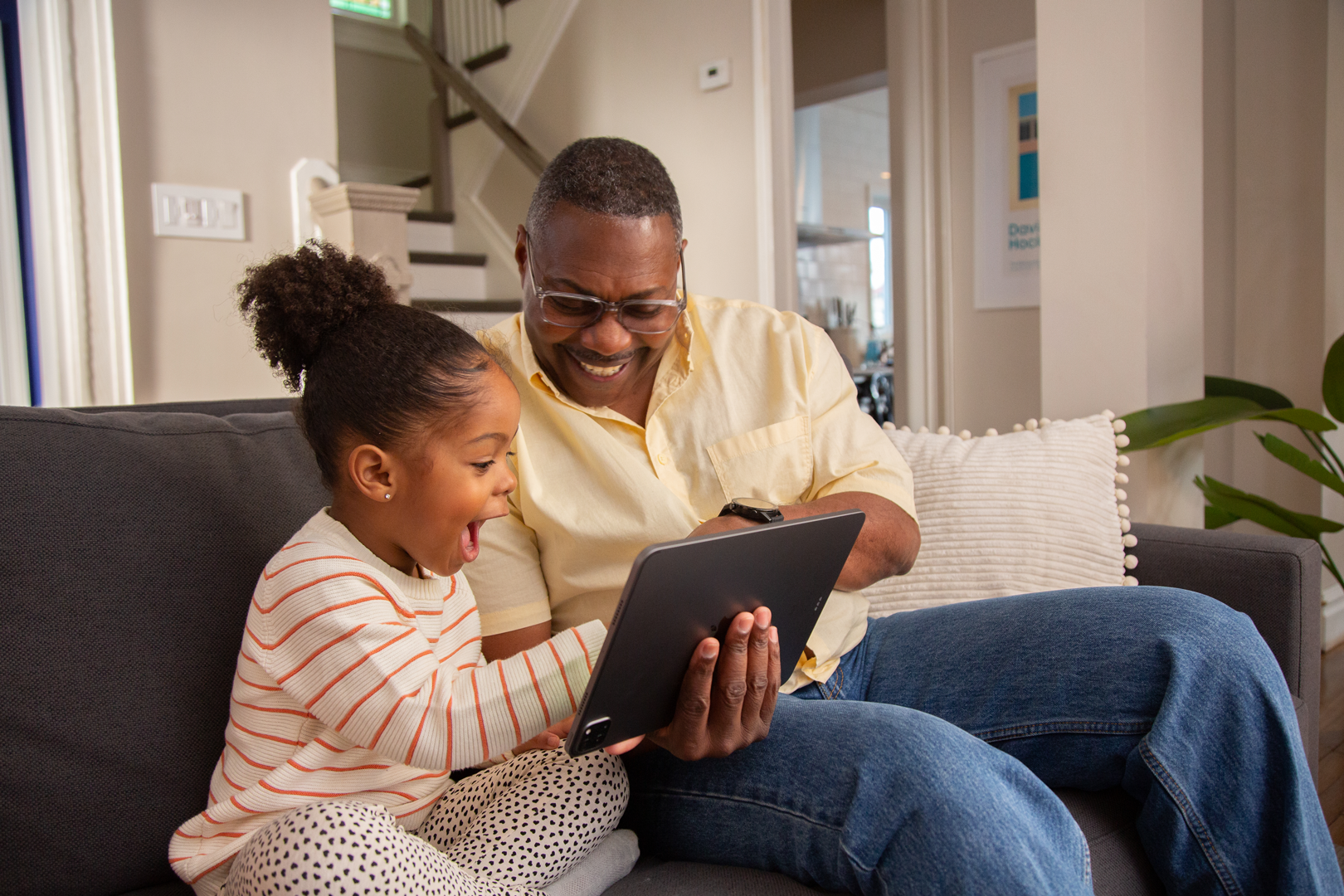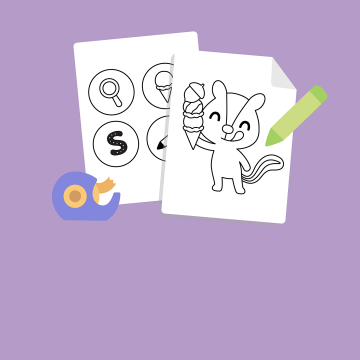- Play Isn’t a Dirty Word, It’s Serious Business

One of my biggest pet peeves is when someone says a child is, “just playing.” Just playing?!?! Play is serious business! It doesn’t matter if a child plays on their own, with a friend, or in a group. The benefits from these joyful moments have lasting effects on their development.
Skills
When a child engages in any type of play, either by themselves or with others they are developing executive functioning skills. These skills can help a child regulate their emotions, develop patience, and impulse control … and what parent doesn’t want to promote that?
Problem-solving isn’t just a fundamental staple of life; it’s a staple of play. When children play in a group setting they are working together, which means developing listening, collaborative, and language skills.
Whether it be building, digging, or pretending, play is an excellent way to learn. When a child is engaging with building blocks, they’re also working on everything from math and science skills to storytelling and flexible thinking. When a little one says the magical words “let’s pretend” they are exploring empathy skills like roles and “theory of mind” (the ability to think outside one’s self.)
Play creates creative thinkers who are able to envision life outside of the box and problem solvers who are able to think critically and develop flexible understanding. Problem solvers who are able to think critically and develop flexible understanding.
Encouraging Play
Like anything, play is learned. As a child’s cognitive, social-emotional, and physical development matures so does the type of play they engage in.
Play early and often. As a caretaker, you are a key figure in encouraging your young children to play. Stimulating a child’s brain through singing, reading, and talking is a great primer for later, more advanced stages of play.
Provide objects of wonder! Imagine if you landed on another plant and EVERYTHING was new, strange, wonderful … that’s life through the eyes of a toddler. Providing materials and situations which spark curiosity is a key step to raising a creative thinker.
Humans are experiential learners. We learn through doing. That means every sandcastle that crumbled, every block tower that reached new heights, every bubble that popped taught us something. Children are all different and need different things to thrive. Play is individualized and tailored to the needs of every child. It never looks the same and the lessons we take away have a lasting effect on who we are today. See? I told you that play was serious business!


